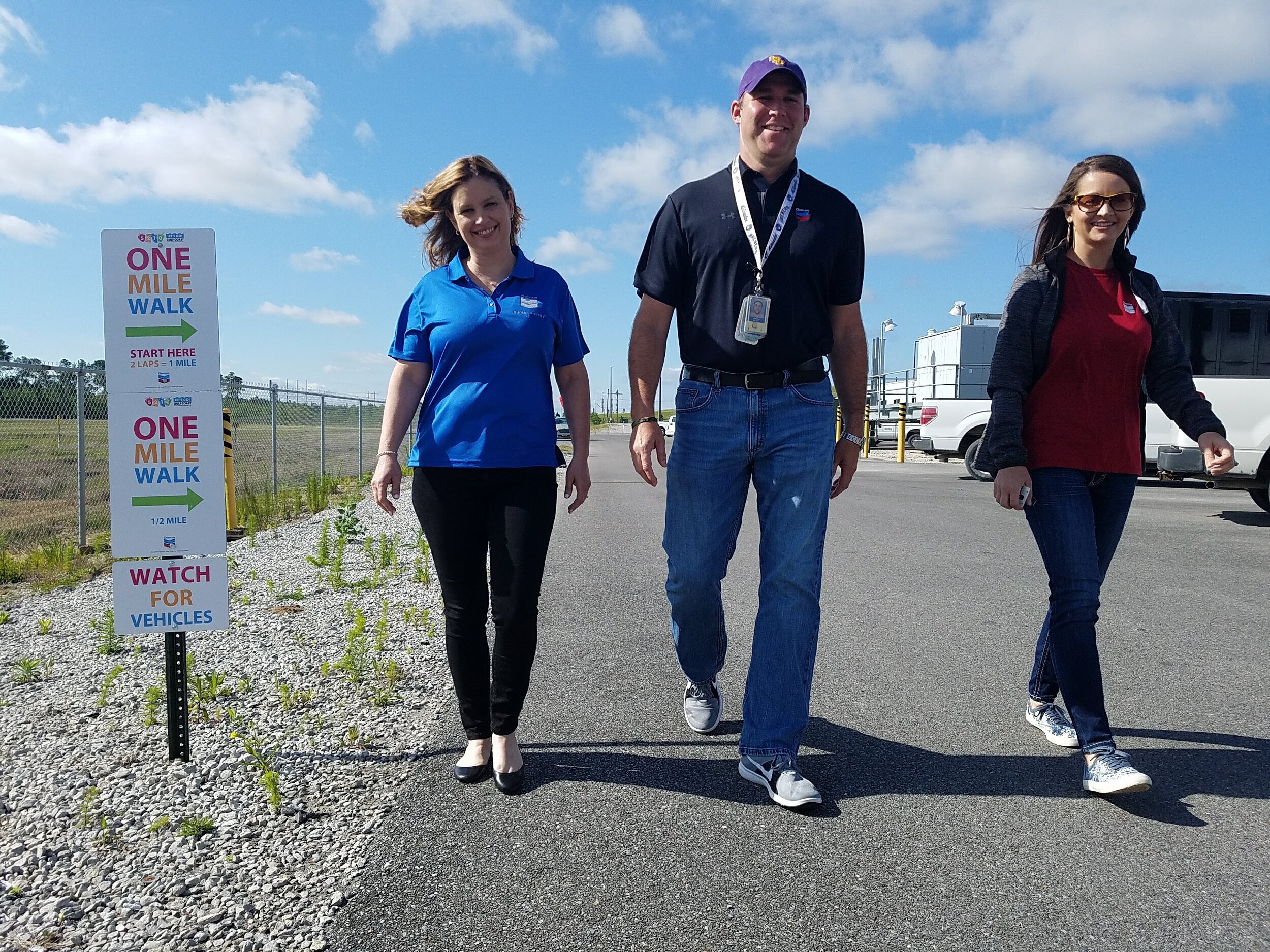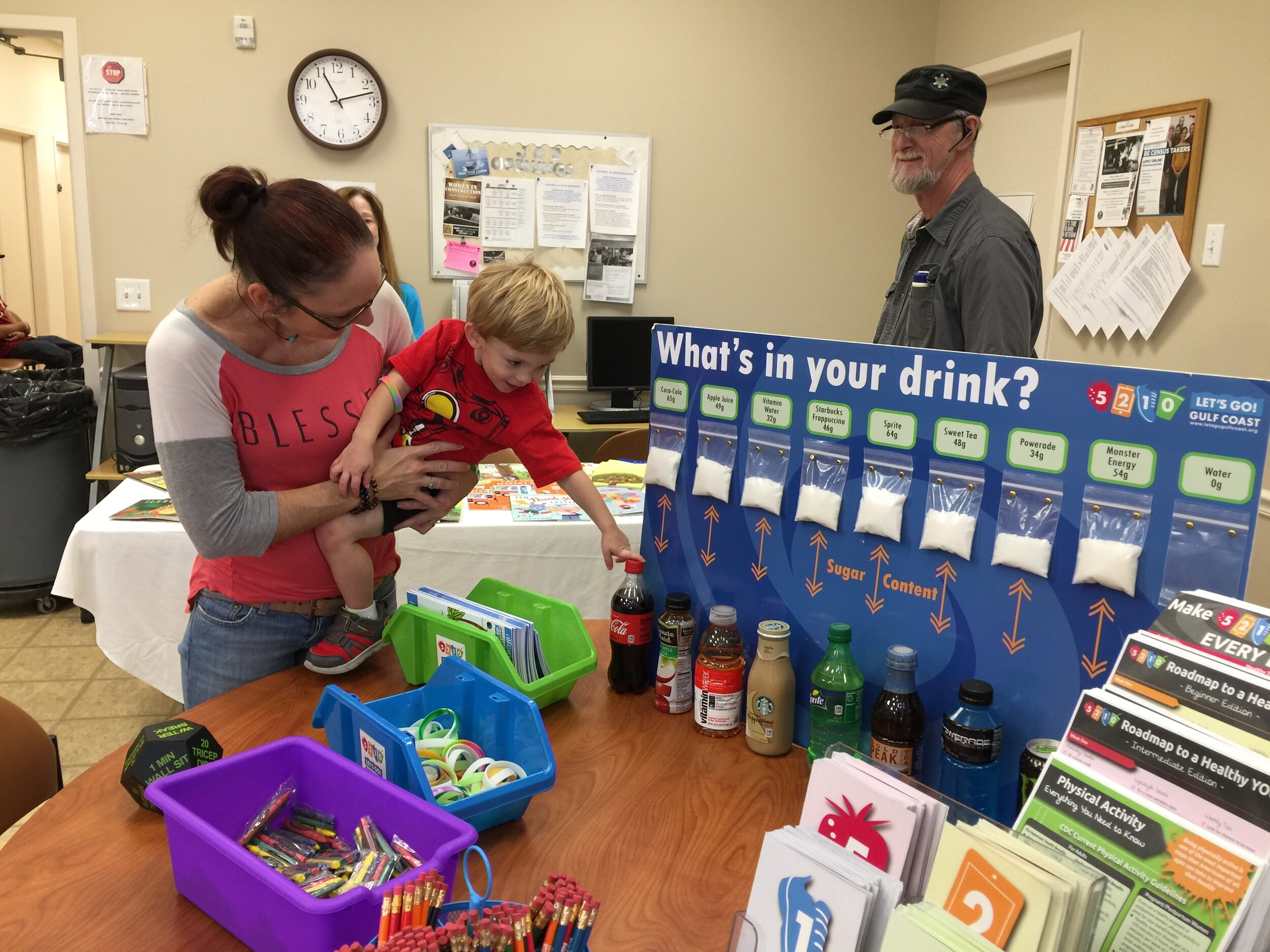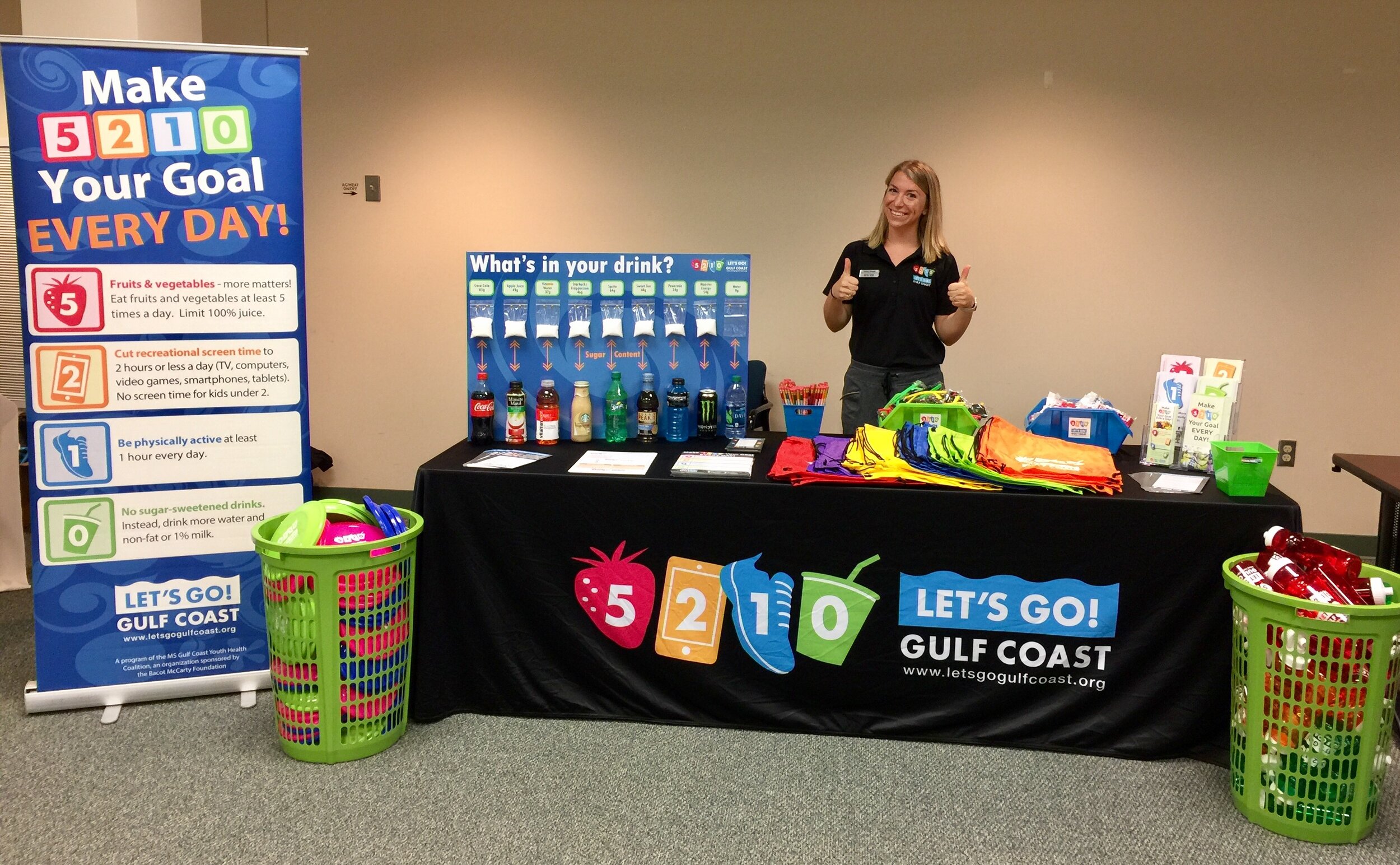Why Is Our Work Significant?
Since 1980, obesity rates among teens ages 12 to 19 quadrupled, from 5% to 20.6%.
Data from the 2017 Behavioral Risk Factor Surveillance System (BRFSS) shows that the current rate of adult obesity in Mississippi is 37.3%, the second highest in the nation and only behind West Virginia which has a rate of 38.1%. The rate in Mississippi has risen over the last few decades from 15.0% in 1990 and 23.7% in 2000. Over two-thirds (69.9%) of adults in Mississippi are overweight or obese. The rates of obesity vary by race with 32.1% of non-Hispanic whites, 45.4% of non-Hispanic blacks, and 29.2% of Latinos experiencing obesity. It is also of interest to note that the percent of adults in Mississippi who are physically inactive is the highest in the nation at 36.8%. Research has suggested that if obesity rates continue on their current trajectories, Mississippi could reach an obesity rate of 66.7% by 2030.
Approximately 40% of overweight children will have an increased weight during adolescence…
…and approximately 75-80% of obese adolescents will then become obese adults.
Risks of Obesity
Childhood obesity brings with it both short-term and long-term health risks. According to the CDC, obese children are more likely to have high blood pressure, high cholesterol, and type 2 diabetes, which are all risk factors for cardiovascular disease. Childhood obesity has also been linked to insulin resistance, dyslipidemia, polycystic ovarian syndrome, pulmonary and orthopedic disorders, earlier puberty in girls, and increased incidence of metabolic syndromes. Unfortunately, there are also psychosocial consequences that arise because children who are obese tend to be discriminated against and stereotyped as unhealthy, academically unsuccessful, lazy, socially inept, and non-hygienic, which can lead to one having a negative self-image, depression, negative mood states, eating disorders, and self-esteem issues.
It is very important to note that childhood obesity is associated with a higher chance of adult obesity, premature death, and disability in adulthood. When weight issues from childhood carry over into adulthood, more health issues may arise. This reinforces the fact that research shows the habits children establish early in life and can help in establishing lifelong food preferences and habits.
$14B
Childhood obesity alone is estimated to cost $14 billion annually in direct health expenses.
Obesity Among MS Children
Obesity among Mississippi students and children has historically been among the highest in the nation. Mississippi children eat less nutritious meals and get less physical activity today than in the past, and it is creating a future of chronic disease and shorter life. Data from the 2015 CDC High School Youth Risk Behavior Survey show that among MS high school students, about 10% went a week without vegetables, about 80% were not physically active for an hour a day, and about 33% watch television 3 or more hours a day on school days.
Percent of Adult Obesity In Mississippi
Prevalence of Overweight & Obese in Mississippi Students, 2015
Let’s Go! Gulf Coast
is
Evidence-Based
The families of the Mississippi Gulf Coast are in need of education, as well as strategic programs, that will influence the whole family in their approach to health, wellness, and fitness. Our programs are acutely responsive to these needs through implementation of multi-component programs that not only utilizes an evidence- and education-based wellness curriculum for children, youth, adults and families, but also engage participants in hands-on experiential learning and promote community awareness in order to accomplish the mission of the organization.
Sources:
Biro FM, & Wien M. Childhood obesity and adult morbidities. American Journal of Clinical Nutrition 2010.
Centers for Disease Control and Prevention. High School Youth Risk Behavior Survey 2015.
Centers for Disease Control and Prevention. Obesity Among Low-Income Preschool Children 2012.
Freedman DS, et al. (2005). The Relation of Childhood BMI to Adult Adiposity: The Bogalusa Heart Study. Pediatrics.
Lifshitz F. Obesity in children. Journal of Clinical Research in Pediatric Endocrinology 2008.
Mississippi State Department of Health. Childhood Obesity 2018.
Mississippi State Department of Health. Mississippi Obesity Action Plan 2018.
Rankin J, Matthews L, Cobley S, et al. Psychological consequences of childhood obesity: Psychiatric comorbidity and prevention. Adolescent Health, Medicine and Therapeutics 2016.
Russell-Mayhew, S., McVey, G., Bardick, A., & Ireland, A. Mental health, wellness, and childhood overweight/obesity. Journal of Obesity 2012.
Trust for America's Health and Robert Wood Johnson Foundation. The State of Obesity 2018.
Trust for America’s Health and the Robert Wood Johnson Foundation. The State of Obesity: Better Policies for a Healthier America; Issue Report August 2017.
Trust for America’s Health and the Robert Wood Johnson Foundation. F as in Fat: How Obesity Threatens America’s Future. Issue Report September 2012.
World Health Organization. (2018). Obesity and Overweight: Fact Sheet.























